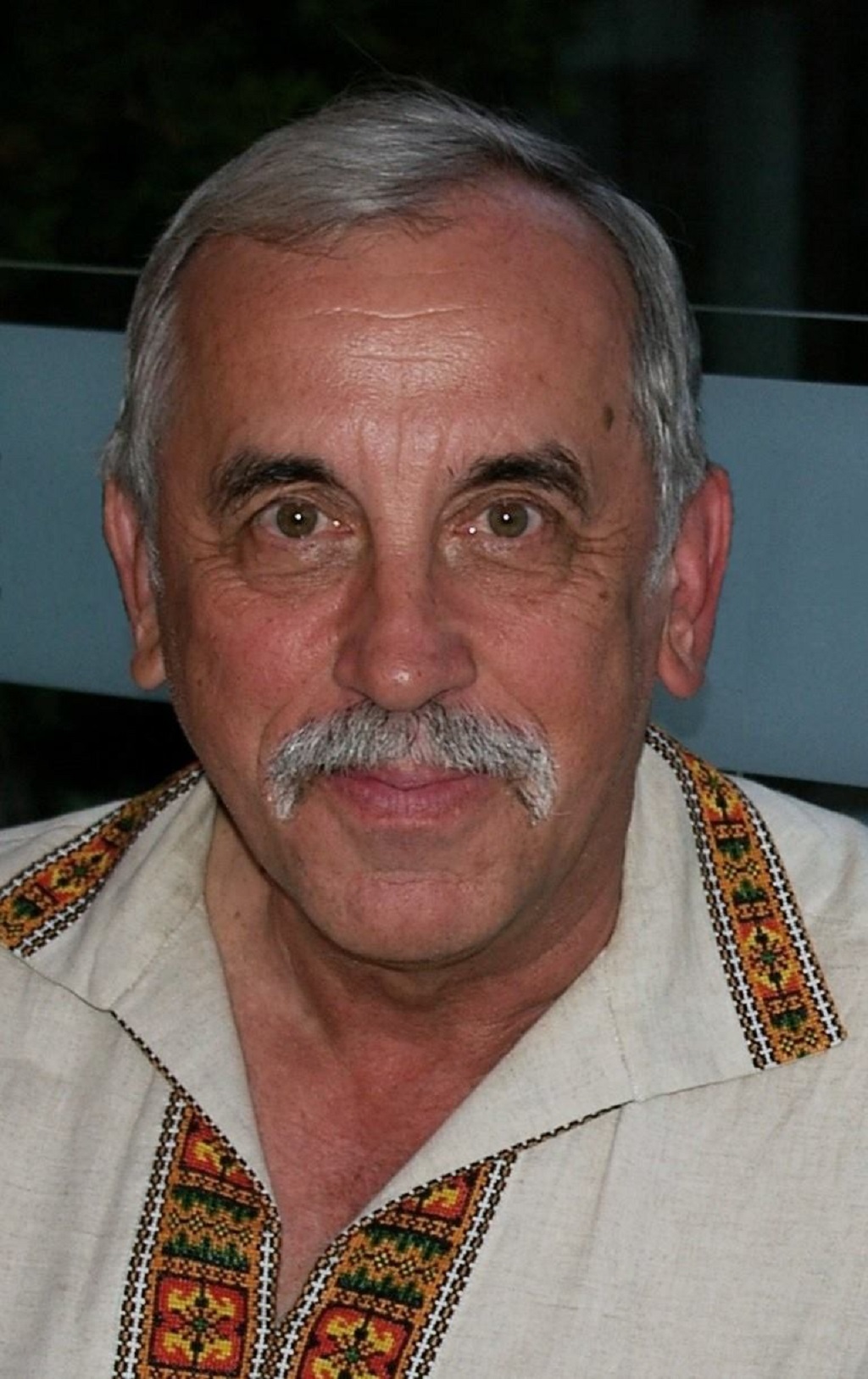Volodymyr Kish.
In 1951, U. S. General Douglas MacArthur, in his farewell address to Congress, uttered those famous words “Old soldiers never die, they simply fade away.” Over the past little while, as I have slowly weaned myself away from my leadership positions with various Ukrainian organizations, I have felt much the same way.
As many of you may know, I have been active in the Ukrainian community for more than 45 years now, starting with my early university years when I first joined the Ukrainian students club at the University of Waterloo, Since then I have invested much time, effort and no small amount of my financial resources in organizations such as the Ukrainian Canadian Students Union (SUSK), the Ukrainian National Youth Federation (UNYF), the Ukrainian National Federation (UNF), the Ukrainian Canadian Congress (UCC), the Canada Ukraine Foundation (CUF), the Ukrainian Credit Union (UCU), the New Pathway newspaper, the Canada Ukraine Chamber of Commerce (CUCC), and the Ukrainian Journalists of North America (UJNA). I have served as President or Executive Member of many of these at the local, provincial and national level. In addition, I have lived and worked in Ukraine for more than five years in recent decades, first as a private sector businessman, and also as a director of a Canadian government CIDA foreign aid program. One of my daughters likes to whimsically introduce me to people as “Captain Ukraine”.
Understandably, one does not disengage from this level of involvement without suffering some degree of withdrawal pains, and I have felt those as I have begun in recent years to retire from my activist role in the Ukrainian community. I am now down to holding executive positions in only three organizations, less than half of what I was involved with just a few years ago. It is now my goal to retire from those remaining three within the next two years.
When I reached pension age some years ago, I realized that it was time to re-orient my priorities somewhat and start devoting more time to personal pursuits and relationships. Part of that came from becoming a grandparent and wanting to spend more quality family time. The other factor was recognizing that I had been putting many of my own personal plans and desires, particularly those relating to doing more writing, on the back burner. With a diminishing number of potentially creative years left on my horizon, it became obvious that a paradigm shift in my life was both desirable and necessary.
All of this does not imply a withdrawal from Ukrainian community life. I am and always will be an active participant in the Ukrainian community. What I am stepping away from is the demands of being in a leadership, management or administrative role within a Ukrainian organization. These demand a level of time, dedication and patience that I, as a senior, find increasingly difficult to commit to.
The most difficult aspect of making this change is the recognition that within the Ukrainian “hromada” there are too few people who are able and willing to step into these roles.
Aside from major centres like Toronto where there is a sufficient critical mass of Ukrainians in all demographic segments of the population, succession planning for leadership roles in most Ukrainian organizations has become particularly problematic.
In a small urban centre like Oshawa, where I live, there are now too few people, especially of the younger generations, willing to undertake these responsibilities. The forces of assimilation, the erosion of identification with our ancestral roots, the weak integration of the latest Fourth Wave of Ukrainian immigrants into the existing Ukrainian Canadian establishment, the geographic mobility of the younger generations, and the lure of competing alternatives for time and attention, all have conspired to drastically shrink the available pool of talent necessary to carry long established Ukrainian organizations in Canada into the future. The sad fact is that in most small towns and cities in Ontario, Ukrainian organizational life is being driven by a very small handful of dedicated individuals, most of them in their sixties, seventies and even older. When they are gone, the organizations they are involved with will go with them.
All that being said, I am not unduly pessimistic about the future of Ukrainian life in Canada.
I suspect that the real issue probably lies not so much in the level of motivation and dedication of the typical Ukrainian Canadian, as in the relevancy of the operational model of Ukrainian organizations formed many decades ago when societal, cultural and geopolitical conditions were very much different than what they are today. There are many brilliant, talented and dedicated Ukrainians in Canada today. The challenge now lies in creating the mechanisms that will engage them to revitalize and continue the traditions of a strong Ukrainian presence in the multicultural reality that is Canada.
Share on Social Media




































